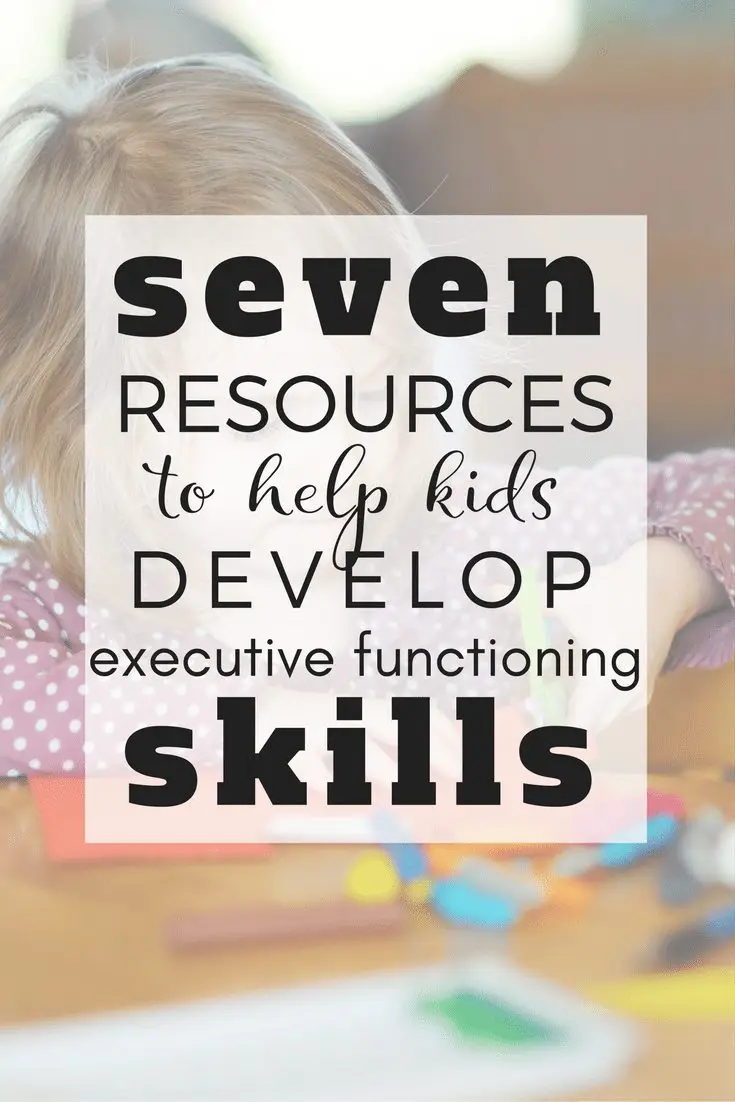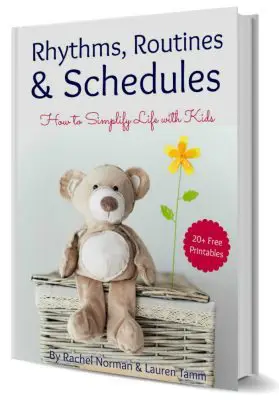My almost 8-year-old is brilliant, but he is a bit scattered (like his mom, the scattered part, at least). He has trouble staying on task, completing a work cycle, and getting organized to meet deadlines and complete assignments. In short, his executive functioning skills worried me.
Do you feel you're in the same boat but are like, “What is Executive Function?” Yeah, that was me, but I took the bull by the horn and dug into every piece of research I could find on the topic.
For many years, I didn't worry about his natural tendencies. I let him experience free play and a less structured lifestyle to develop his problem-solving, critical-thinking, and creative-thinking skills a la NurtureShock.
Related Read: Occupational Therapy 101 For Parents
Executive Functioning Skills
When we had our second son, I noticed his profound ability to locate objects. That sound a bit crazy, I know, but a young child, cognitively speaking, can't “find things” easily. This skill develops over time, a talent nurtured by the environment, including the adults within the environment.
I remember murmuring aloud, “Where are my keys?” Suddenly, my 2-year-old would run up to me with my keys and say, “Here keys, Mumma. In the bathroom.”

I am a huge proponent of inquiry-based learning and project-based learning. Give the child control, let him guide his learning, and observe the beauty. I get that beauty. We all learn through having experiences, failing, and trying again.
So, what was my son missing? His scientific thinking is superb. He is curious and digs deep into his learning, yet he can't get his homework assignments completed. He will design and write out instructions for a board game but won't ever create it. My son never has a plan; if he did, there would be no follow-through.
Related Read: 12 Things an FBI Hostage Negotiator Taught Me about Parenting
Part of me thinks to let it go, that these skills will develop in time and that pushing him will only work in the opposite direction. Now that he is nearly finished with his 2nd-grade year, I am on alert to assist him.
In proper form, I researched the best resources for parents and teachers to nurture executive functioning skills in children. Of course, I have to share these resources with you.
Related Read: How to Help Scattered Kids Conquer Everyday Life Skills
Related Read: What You Need to Know about the Characteristics of Gifted Children
Executive Functioning Skills Resources
- Smart but Scattered by Peg Dawson is a go-to resource for many parents and caretakers around the world.
- Executive Functioning Activities Guide by Age offers a fantastic array of ideas for parents and teachers to help guide kids to develop such an important life skill further.
- The Everything Parent's Guide to Children with Executive Functioning Disorder by Rebecca Branstetter
- Checklists such as these visual routine charts from Etsy work wonders for kids.
- A simple notebook for the child to make lists and stay on top of tasks
- Binders and Folders to create a system
- Use a timer for all occasions – school time, mealtime, etc. We use Amazon's Alexa to assist us with a timer (among many other things such as weather, audiobooks, cooking, and music!).
- Rhythms, Routines, & Schedules by Rachel Norman and Lauren Tamm
- What is Executive Function Guide for Parents
Click here to view more details
Let me know your go-to executive functioning skills resources!
Marnie

